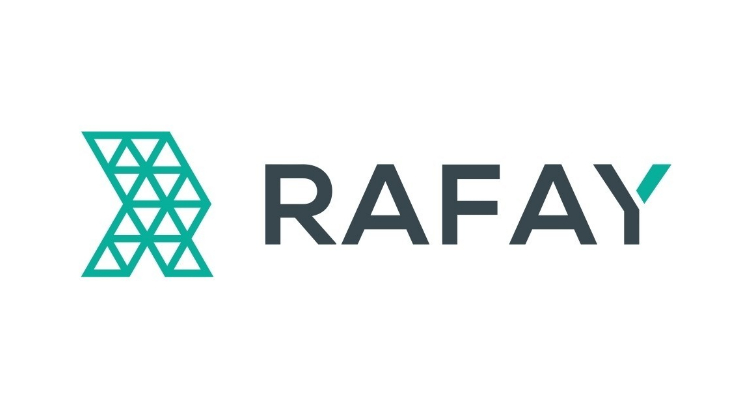Rafay Systems yesterday announced Automated Fleet Operations, a new capability integrated into its Kubernetes Operations Platform (KOP) that simplifies the way enterprises manage large Kubernetes cluster environments across datacenters, public clouds (e.g., Amazon Web Services, Microsoft Azure, Google Cloud Platform) and the edge. Rafay’s Automated Fleet Operations eliminates the error-prone, manual processes of traditional Kubernetes cluster fleet operations by implementing repeatable, automated workflows that can be applied to multiple clusters. This allows platform and operations teams that are already stretched thin to increase productivity and improve the reliability of lifecycle management operations performed on Kubernetes clusters fleet-wide.
Platform and operations teams struggle today with limited availability of automation to manage multi-cluster Kubernetes environments. They are forced to build their own custom tooling or follow a large number of manual steps, which reduces productivity and can introduce security issues that hinder reliability. Rafay’s new Automated Fleet Operations capability allows batch automation of comprehensive lists of actions, including cluster upgrades and configuration patching, which can be carried out on a fleet of clusters. Platform and operations teams can trigger actions multiple times and the actions will run until completion in a secure manner that meets all compliance requirements. This provides a flexible and efficient solution for an organization’s fleet operations.
Rafay’s new Automated Fleet Operations capability allows organizations to:
- Automate popular fleetwide management operations, such as upgrading clusters, updating applications, scaling nodes, managing software patches and more
- Build out end-to-end automation and customized workflows, including a set of prerequisites and post-operations checks to ensure successful completion of automated tasks
- Enforce standardized policies and governance for a fleet of clusters automatically in the background, reducing management overhead
- Initiate fleetwide operations with existing tools such as Terraform and use system synchronization to reflect fleet configuration updates in GitOps repositories
- Ensure that developers are not gated by mundane management tasks that may impact cluster availability, because these can now be executed quickly, automatically and in parallel
- Free up platform and operations team resources to tackle more urgent priorities that positively impact IT and business performance
Mohan Atreya, SVP of products and services for Rafay Systems
Fleet operations are complex and error-prone, especially when managing a large number of Kubernetes clusters across the enterprise infrastructure. Organizations need to be able to effectively manage large cluster environments with ease or risk reducing productivity and reliability of applications running on top of Kubernetes. By standardizing and automating workflows for multi-cluster management, Rafay’s new Automated Fleet Operations capability enables enterprises to achieve operational efficiency, scalability and reliability in their fleet operations.






















